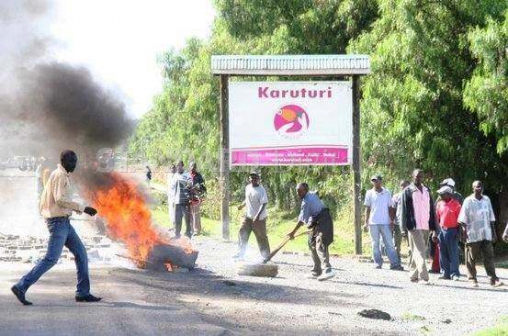More than 2,600 workers of one-time world’s largest rose flower producer, Karuturi Limited, were Friday sent home as the firm shut operations.

Receiver managers told the employees in a Thursday meeting that they only had a few hours left on their employment which ended last evening. “We regret to inform you that the company will cease its trading activities today Friday, May 6, 2016 following the winding up order,” receiver and interim liquidator Muniu Thoithi told the distressed workers.